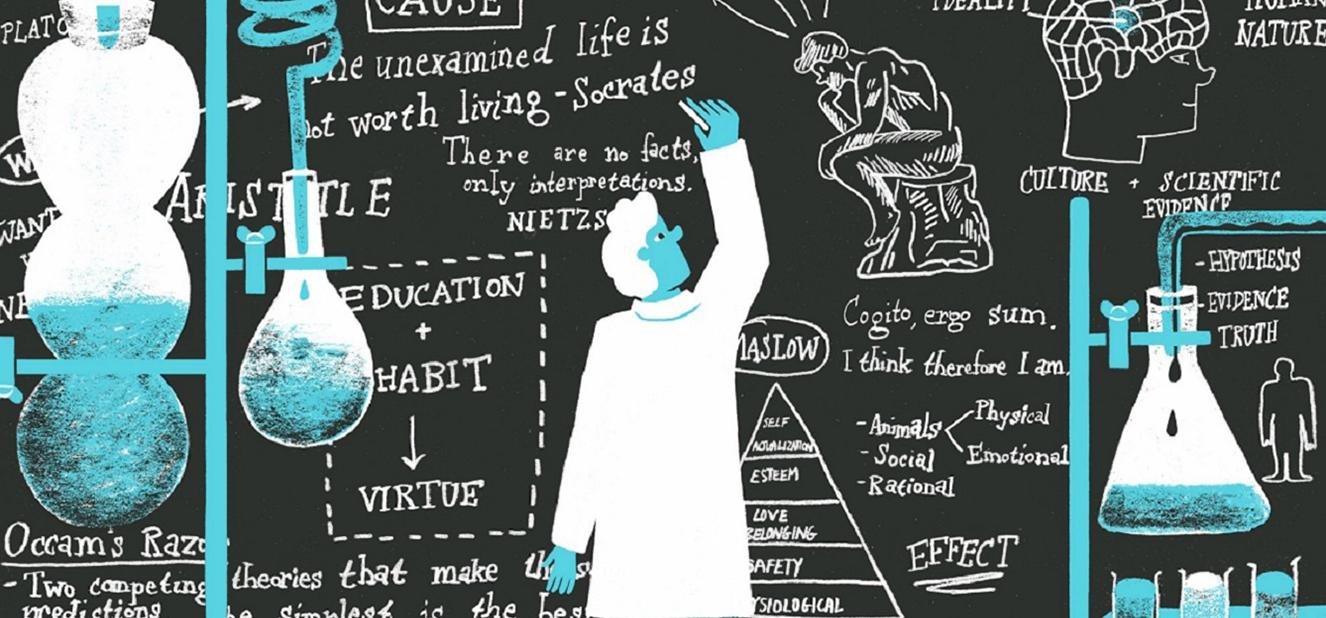
We understand nature through experiments. We understand the world through experiments. The same goes for the digital world. Thousand famous digital products and services are going through an experimentation process to deliver great user and customer experiences.
So, what is an experiment? How to set up an online experiment for your digital product or service?
We offer an online course to answer these fundamental questions and help you out to define your own strategy and tactics for online experiments.
This is a live and hands-on online course in three parts (October 19, October 21, October 25) with lots of examples, many exercises, and practical knowledge that you can directly apply to your own projects.
- The main “ingredients” of an online experiment
- The concept of hypothesis and the main implications for the digital design process.
- How to define a strategy for the testing and experimentation process.
- How to prioritize your backlog of design hypotheses and experiments.
- How to interpret the test results and gather the proper insights.
This online course is for anyone designing new digital products and services with an emphasis on the following roles:
- Product Managers
- UX designers / Product designers
- UX researchers
- UX writers / Content designers
- Software developers
- Digital marketers
- Optimizing the user experience: The need to run online experiments
- The main ingredients of experiments:
- Experiment design
- Independent variables
- Dependent variables
- Other types of variables
- Tasks and procedure
- Practice time
- Exercise on defining the main ingredients of an experiment
- A scalable experimentation/testing framework
- Design hypotheses and A/B testing as a method to measure
- Practice time
- Exercise on a backlog of Design Hypotheses and prioritization
- A/B testing in practice
- Demonstration with the use of real digital property:
- How to set up an A/B test with the Google Optimize editor
- Review the results report
- Next steps
- Q and A

Dr. Panagiotis Zaharias
Panagiotis started his career as an academic UX researcher pursuing a Ph.D. in the field of Human-Computer Interaction. He worked on several European research projects and after the successful completion of the Ph.D. degree, he started teaching at Universities in Greece and Cyprus. In parallel, he started to provide consulting services on UX Research & Design as a freelancer working with several companies and startups. He is a published author (70+ scientific papers and book chapters) and he has given talks and taught workshops on UX topics at academic & industry conferences around the world. He is also the organizer of the first UX community in Greece, the so-called Athens UX Community. Recently he co-founded "The Scaffolders", an e-learning content design company.

Filippos Tsakiridis
Filippos is a Senior UX Designer (NNg UX Certified) & UI developer with more than 10 years of professional working experience on well established businesses and startups. He loves building intuitive products that solve real problems by using UX design methods and techniques. He is also skilled in handcrafting front end presentational code (html,css,js). His personal quote is “Life’s too short to build something nobody wants”.
- Course materials, slide deck & resources.
- Certification of attendance.